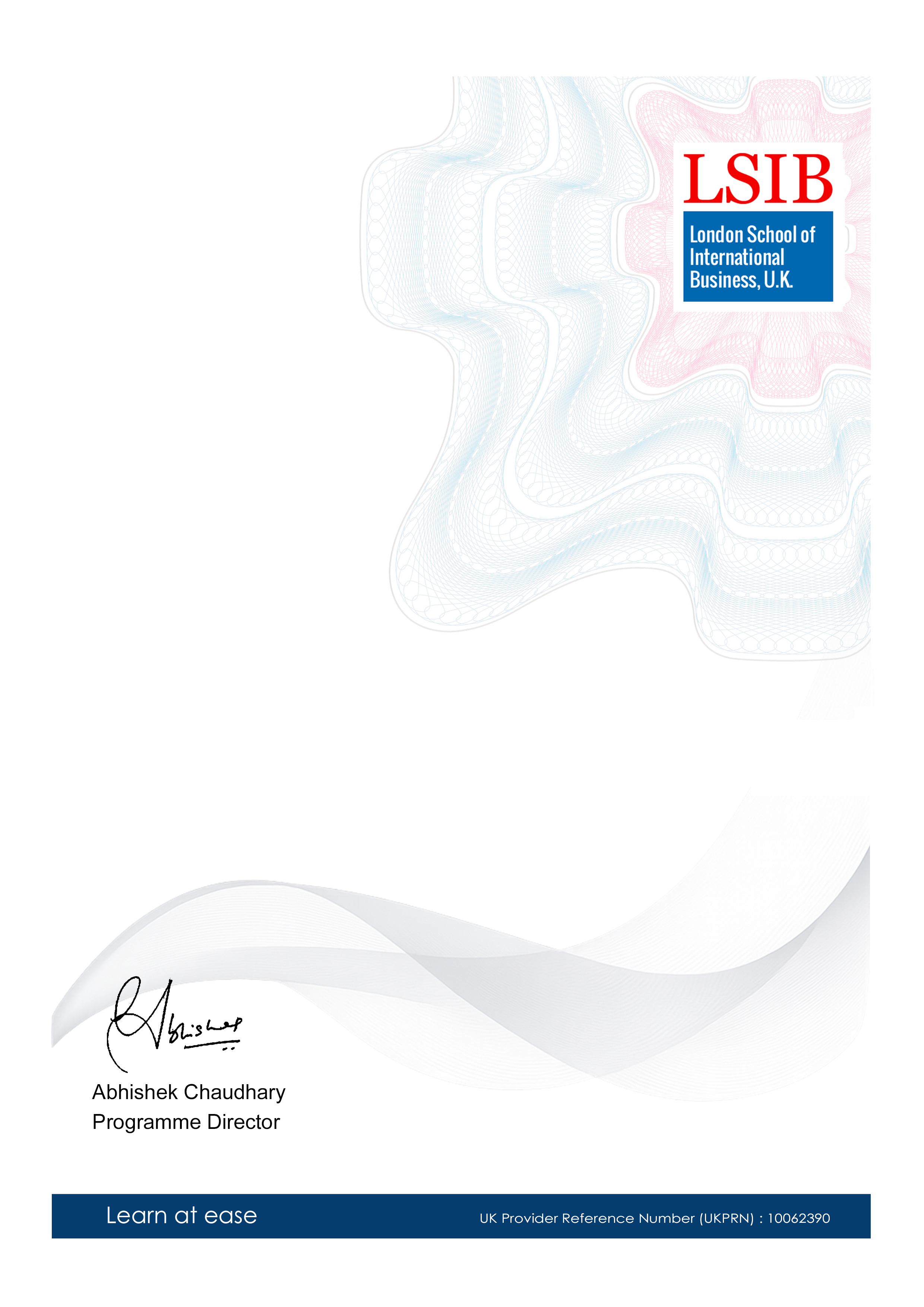Emergency Management Protocols for Older Adults in Emergency Situations
-- viewing nowEmergency Management Protocols for Older Adults address the unique needs of seniors during disasters. This guide focuses on disaster preparedness, evacuation planning, and post-disaster recovery.
3,220+
Students enrolled
GBP £ 140
GBP £ 202
Save 44% with our special offer
About this course
100% online
Learn from anywhere
Shareable certificate
Add to your LinkedIn profile
2 months to complete
at 2-3 hours a week
Start anytime
No waiting period
Course details
• Medication Management During and After an Emergency
• Communication Strategies for Individuals with Hearing or Cognitive Impairments
• Identification and Management of Specific Health Conditions in Emergencies
• Shelter Considerations for Older Adults with Special Needs
• Transportation Protocols for Assisted Living and Nursing Home Residents
• Post-Emergency Support and Recovery Services for Older Adults
• Family and Caregiver Communication and Support
• Training and Education for Emergency Responders on Aging-Specific Needs
Career path
Emergency Management Protocols for Older Adults
Ensuring the safety and well-being of older adults during emergencies is paramount. Effective communication, accessible resources, and tailored support are crucial.
| Career Role | Description |
|---|---|
| Emergency Response Coordinator (Older Adult Focus) | Develops and implements emergency plans specifically for older adult populations, coordinating resources and support during crises. This role requires strong community engagement skills and familiarity with age-related vulnerabilities. |
| Geriatric Emergency Medical Technician (EMT) | Provides specialized medical care to older adults in emergency situations, demonstrating expertise in geriatric health and emergency medical procedures. Understanding medication management in elderly patients is vital. |
| Social Worker (Disaster Relief - Elderly Focus) | Provides psychosocial support and case management to older adults affected by emergencies, addressing immediate needs and facilitating long-term recovery. Strong crisis intervention and advocacy skills are necessary. |
Entry requirements
- Basic understanding of the subject matter
- Proficiency in English language
- Computer and internet access
- Basic computer skills
- Dedication to complete the course
No prior formal qualifications required. Course designed for accessibility.
Course status
This course provides practical knowledge and skills for professional development. It is:
- Not accredited by a recognized body
- Not regulated by an authorized institution
- Complementary to formal qualifications
You'll receive a certificate of completion upon successfully finishing the course.
Why people choose us for their career
Loading reviews...
Frequently Asked Questions
Skills you'll gain
Course fee
- 3-4 hours per week
- Early certificate delivery
- Open enrollment - start anytime
- 2-3 hours per week
- Regular certificate delivery
- Open enrollment - start anytime
- Full course access
- Digital certificate
- Course materials
Get course information
Earn a career certificate

